Mohegan Sun Limo Driver Who Crashed Vehicle Denied Sovereign Immunity by US Supreme Court
Posted on: April 26, 2017, 12:00h.
Last updated on: April 26, 2017, 03:30h.
A Mohegan Sun limo driver involved in a crash on I-95 outside the Mohegan tribe’s sovereign lands may not claim sovereign immunity, the US Supreme Court ruled this week.
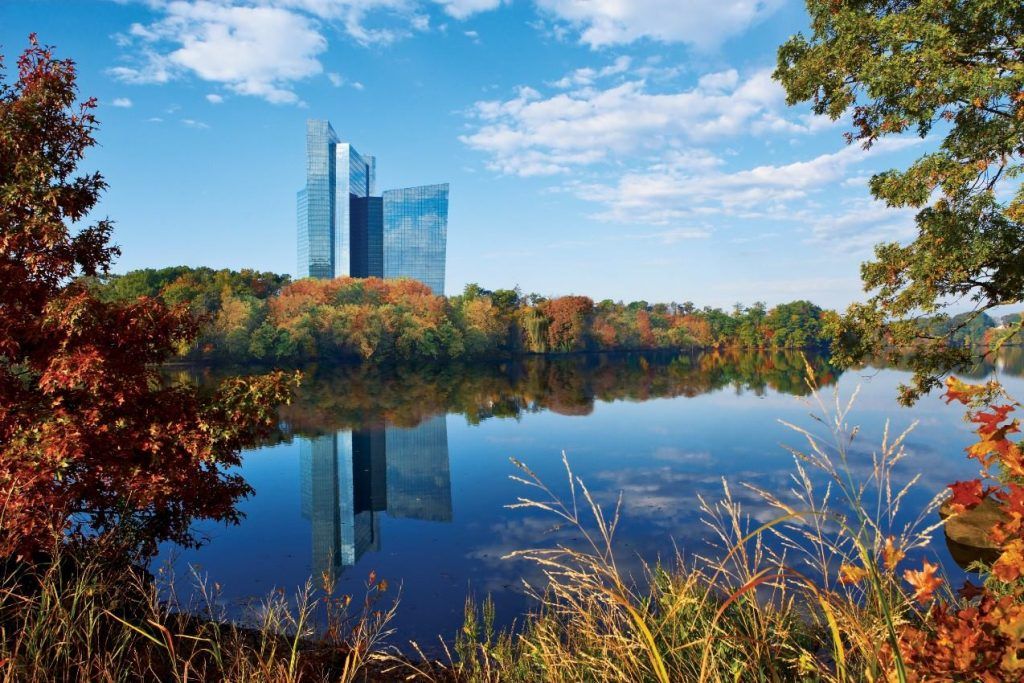
Driver William Clarke allegedly plowed into the back of another car while ferrying customers from the Connecticut casino to their homes almost four years ago. The owners of the car that was hit, Brian and Michelle Lewis, attempted to sue Clarke for negligence, giving us the amusingly named case of Lewis v Clarke.
But Clarke argued that because he was driving for the Mohegan Tribal Gaming Authority at the time, tribal immunity should protect him from any litigation resulting from the accident.
Unanimous Verdict
The Supreme Court’s decision this week reverses a ruling by the Connecticut Supreme Court that granted Clarke his immunity, despite the couple sustaining injuries as a result of their car being slammed into a concrete meridian.
The Supreme Court verdict was unanimous. The ruling noted that tribal sovereign immunity does not extend to commercial activities conducted by individuals outside tribal lands, nor should Clarke’s employers be liable for his allegedly negligent actions.
Justice Sonia Sotomayor stated in the court’s opinion that an indemnification provision “cannot, as a matter of law, extend sovereign immunity to individual employees who would otherwise not fall under its protective cloak.
“Immunity is simply not in play,” she wrote.
The case has the potential to open a raft of litigation against employees of tribal casinos and other tribal businesses but not, of course, against employers.
“The suit is brought against a tribal employee operating a vehicle within the scope of his employment but on state lands, and the judgment will not operate against the tribe,” wrote Sotomayer. “This is not a suit against Clarke in his official capacity. It is simply a suit against Clarke to recover for his personal actions, which ‘will not require action by the sovereign or disturb the sovereign’s property.’ ”
No Help to Kelly Sun
The decision is unlikely, however, to be much help to professional gambler Kelly Sun in her attempt to sue Mohegan Sun’s close neighbor, Foxwoods, over its withholding of $1.14 million in “winnings” on the grounds that Sun and her accomplices cheated at mini-baccarat.
Sun is known as the “Queen of Sorts” for her edge-sorting abilities, which allowed her to identify tiny discrepancies on the backs of cards in order to gain an edge on the casino. She claims she’s won money using the strategy fair and square, and has brought the casino to court to settle the matter.
The Phil Ivey protégé has also argued that Foxwoods employees were working in their individual capacities, rather than under tribal directives, in denying her the winnings. But last week, the Supreme Court dismissed this idea, ruling that federal courts have no jurisdiction over a gaming operator due to sovereign immunity.
Related News Articles
Most Popular
FTC: Casino Resort Fees Must Be Included in Upfront Hotel Rates
Genovese Capo Sentenced for Illegal Gambling on Long Island
NBA Referees Expose Sports Betting Abuse Following Steve Kerr Meltdown
UPDATE: Former Resorts World & MGM Grand Prez Loses Gaming License
Most Commented
-
UPDATE: Whiskey Pete’s Casino Near Las Vegas Closes
— December 20, 2024 — 31 Comments -
Caesars Virginia in Danville Now Accepting Hotel Room Reservations
— November 27, 2024 — 9 Comments -
UPDATE: Former Resorts World & MGM Grand Prez Loses Gaming License
— December 19, 2024 — 8 Comments -
NBA Referees Expose Sports Betting Abuse Following Steve Kerr Meltdown
— December 13, 2024 — 7 Comments
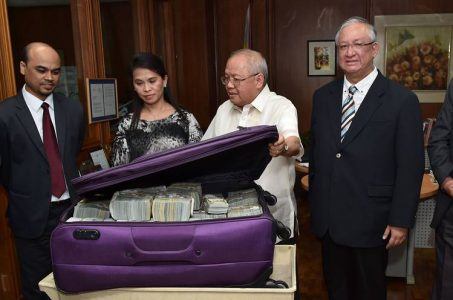
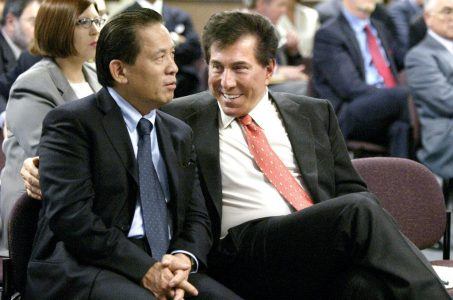
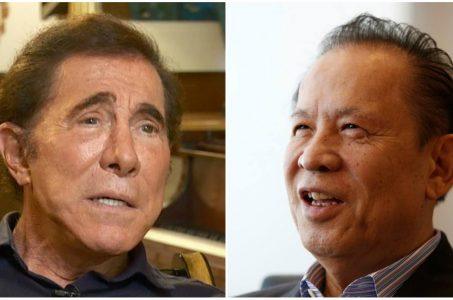
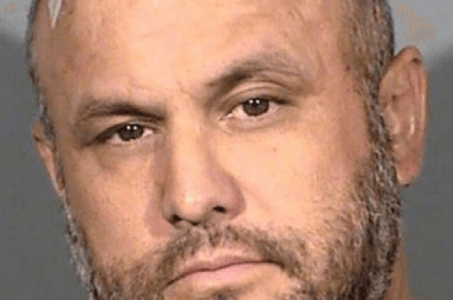












Last Comment ( 1 )
Thanks for sharing your thoughts about Limo. Regards